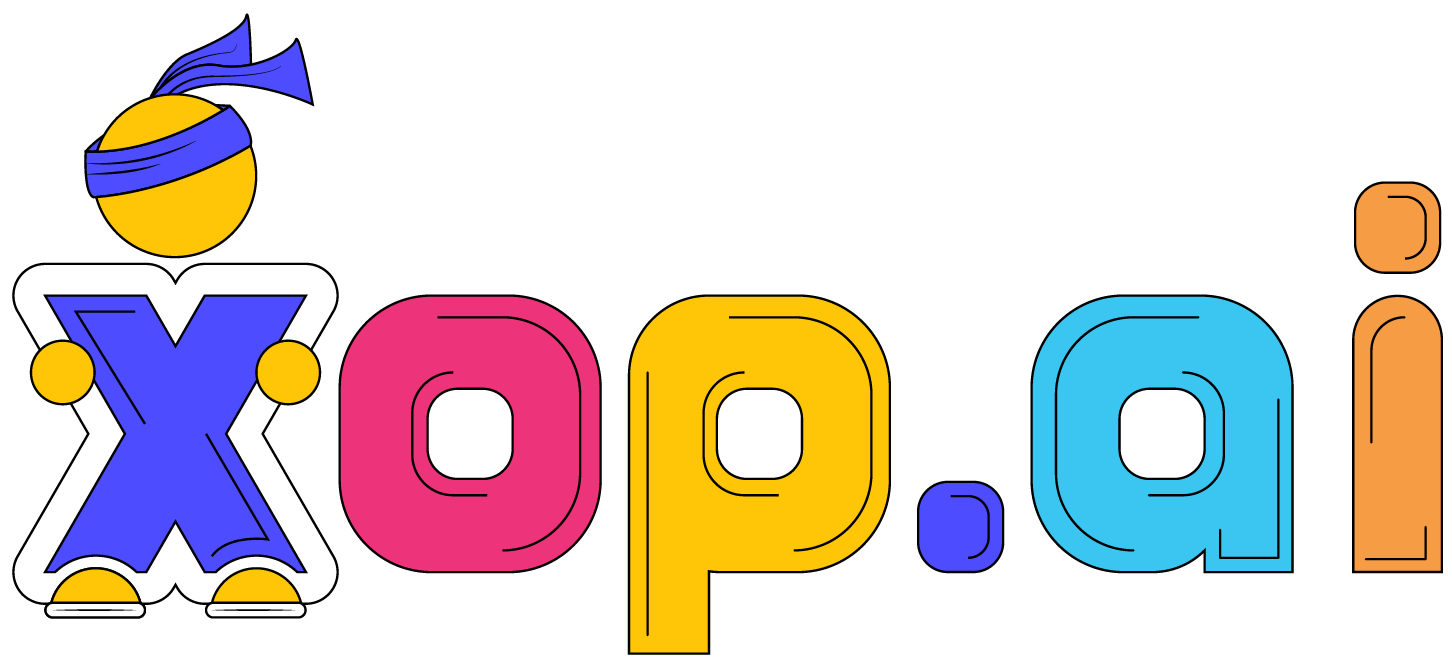I hope you enjoy this quick 5-minute article that concludes with our 5 Key Takeaways at the end.
Need assistance launching and leading an AI Tool Team?
Send Matt an email – matt@xop.ai – I would be glad to help.
In the rapidly evolving field of artificial intelligence (AI), businesses are increasingly adopting AI tools to enhance productivity and decision-making. As these tools become integral to operations, starting an AI tool beta test team within your company is a proactive step towards ensuring these technologies are integrated smoothly and effectively. Such a team not only tests AI capabilities on a small scale but also identifies best practices and potential pitfalls, thereby fostering a cadre of power users across various departments.
Establish a clear AI policy for your organization.
The importance of establishing a clear AI policy cannot be overstated. Before deploying AI tools, it’s crucial to define how it will be used, who will have access, and the ethical considerations it involves. This policy should address data privacy concerns, the transparency of AI processes, and accountability for AI-driven decisions. By setting these guidelines, an organization not only safeguards itself against potential misuse and ensures compliance with regulatory standards but also builds trust among its users and stakeholders. Furthermore, a well-articulated AI policy provides a framework within which the beta test team can operate, ensuring that their experimentation, testing, and findings align with the company’s overall strategic objectives.
Understand your data.
Understanding the organization’s data landscape is another critical element. AI tools are only as good as the data they process. Thus, the beta test team must have a thorough understanding of the data at their disposal—its sources, its quality, and its relevance to the tasks at hand. This knowledge ensures that the AI tools developed or deployed are well-tuned to the company’s specific needs and can generate meaningful, actionable insights. Additionally, this understanding helps in identifying any gaps in data governance that may need to be addressed to enhance AI efficacy.
Understanding your organization’s data is crucial, particularly to ensure that AI tools do not inadvertently access or expose confidential information. When AI systems are deployed, they process and analyze large volumes of data to generate insights as a knowledge management platform. Without a clear understanding of what data is confidential and how it should be handled, there is a significant risk that sensitive information could be mistakenly included in outputs available to the wider user community. This could lead to breaches of privacy, violation of regulatory requirements, and potential reputational damage. Therefore, it’s essential to implement rigorous data governance protocols and train your AI systems to recognize and protect confidential data, ensuring that AI-driven solutions are both effective and secure. This approach not only safeguards the integrity and confidentiality of critical information but also builds trust in the AI systems among end users and stakeholders.
Microsoft Shop? Test Copilot Pro / Copilot 365
The introduction of tools like Microsoft Copilot has significantly impacted user productivity by assisting in everyday tasks such as drafting emails, generating reports, and even coding. However, the real power of such tools is fully realized when they are tailored to specific organizational needs and integrated seamlessly into the workflow. A dedicated AI beta test team can explore the full capabilities of Microsoft Copilot, adapting its usage to maximize productivity within the unique context of the company’s operations. This team can serve as pioneers, demonstrating the tool’s potential to their colleagues and providing feedback to refine its implementation.

Let’s begin! Form an “AI beta test team” with multiple departments represented.
The beta test team’s role extends beyond mere testing; they are also champions of AI adoption across the company. By traversing departments, they facilitate knowledge sharing and encourage a culture of innovation and adaptability. They help identify what works and what doesn’t, customizing AI tools to departmental needs and ensuring that all segments of the company are equally equipped to leverage AI technologies. This cross-departmental interaction fosters a more cohesive integration of AI and encourages a broader understanding and acceptance of these tools throughout the organization.
In conclusion, forming an AI beta test team is a strategic move that prepares a company to harness the benefits of AI effectively and ethically. By establishing a solid AI policy, ensuring a deep understanding of the company’s data, and leveraging tools like Microsoft Copilot, such a team not only enhances productivity but also drives comprehensive digital transformation. This approach not only mitigates risks associated with AI deployment but also maximizes its potential benefits, paving the way for a technologically advanced and efficient organizational ecosystem.
Five Key Takeaways
- Here are the top five takeaways from the discussion on starting an AI tool beta test team within a company:
- Establish a Clear AI Policy: Before integrating AI tools, it’s essential to have a robust AI policy in place that addresses use, access, ethics, data privacy, and accountability to ensure compliance and foster trust.
- Understand Your Data: A deep understanding of the organization’s data is crucial for effectively deploying AI tools. The beta test team needs to know the data’s source, quality, and relevance to tailor AI solutions that provide meaningful insights.
- Leverage Tools Like Microsoft Copilot: Utilizing AI tools such as Microsoft Copilot can significantly boost user productivity. The beta test team can explore, tailor, and integrate these tools into daily workflows to maximize their potential.
- Create a Cross-Departmental Beta Test Team: A beta test team that spans various departments can act as AI champions, promoting adoption, sharing knowledge, and customizing AI applications to meet diverse departmental needs.
- Promote a Culture of Innovation: The beta test team not only tests AI technologies but also encourages a company-wide culture of innovation and adaptability, helping the organization stay at the forefront of technological advancements.


